File information
Last updated
Original upload
Created by
MERPTeamUploaded by
MERPTeamVirus scan
Some files not scanned
Tags for this mod
- Gameplay
- English
- Animation - New
- Animation - Modified
- Music
- Sound FX
- Voice Acting
- Body
- Terrain
- Sky
- Water
- Weather
- Face
- Models/Meshes
- Textures
- Video
- User Interface
- Related to Movies/TV/Books/Other Games
- Birthsigns
- Classes
- Guilds / Factions
- Hair
- Lighting
- New Lands
- Quests
- Races - New
- Races - Modified
- Scripted Events
- Armour & Shields
- Books
- Clothing - Female Only
- Clothing - Male Only
- Clothing
- Creatures
- Creatures - Rideable
- Items - Apparatus
- Items - Furniture
- Locations - Buildings
- Locations - Player-Owned
- Locations - Caverns
- Locations - Dungeons
- Locations - World Map
- Magic - Potions
- Magic - Spells
- NPC Trainers
- NPC Vendors
- NPCs
- Foliage (Plants)
- Items - Ingredients
- Items - Clutter
- Weapons
- Oblivion Script Extender (OBSE)








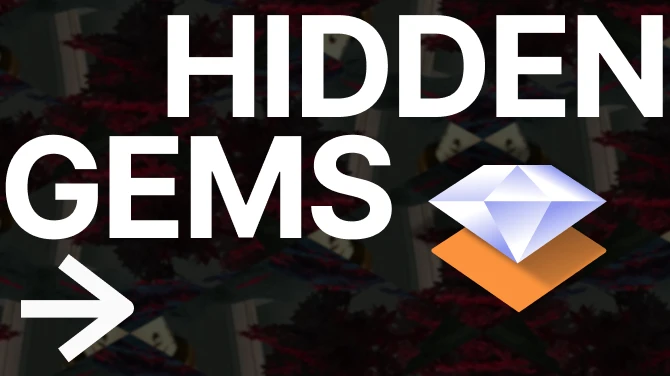
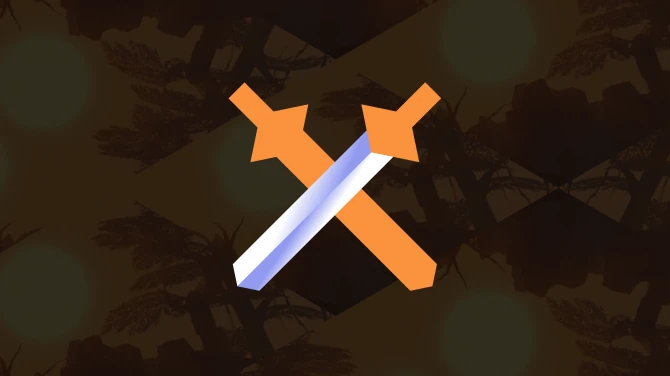
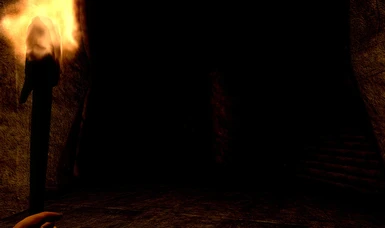
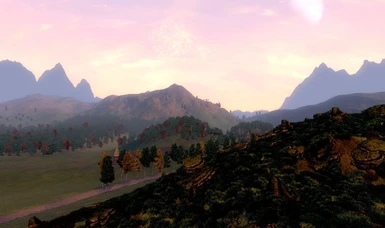
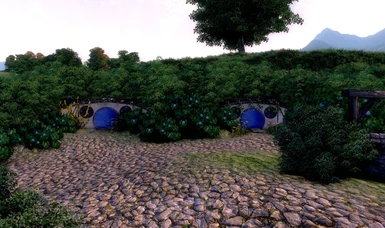
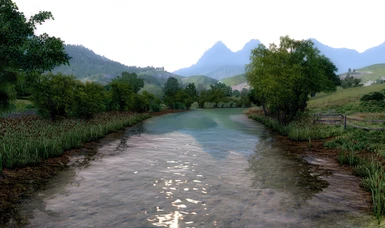
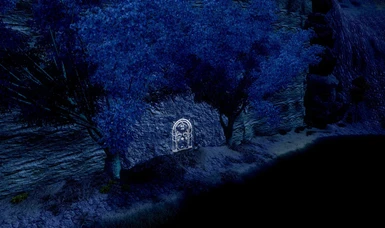
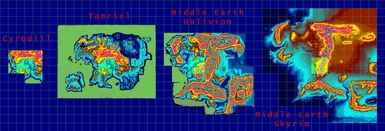
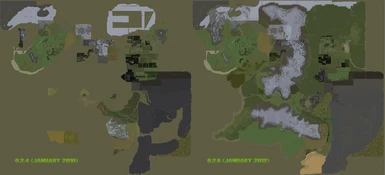
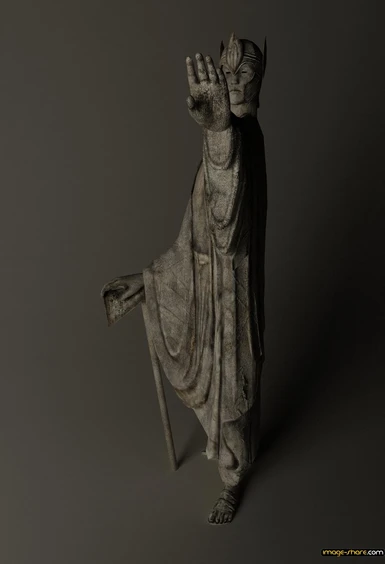
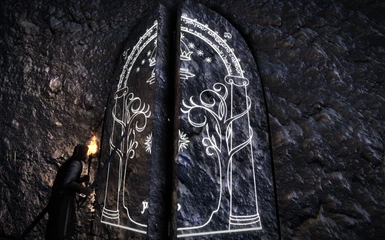
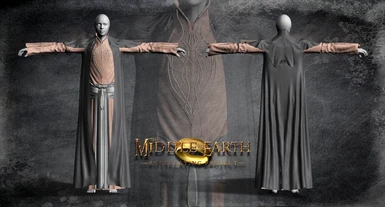
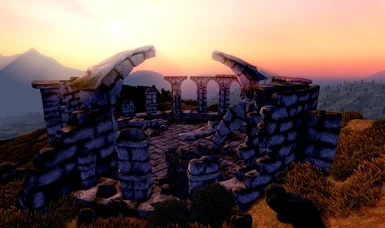
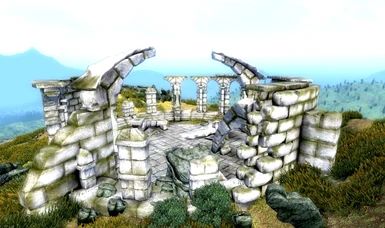
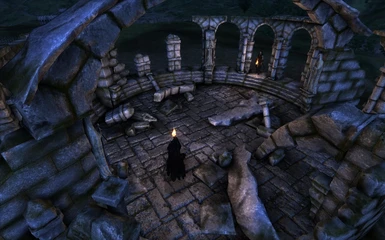
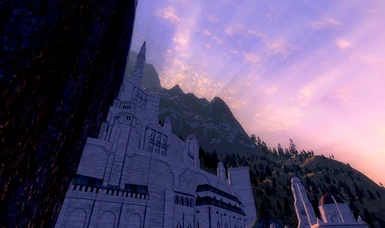
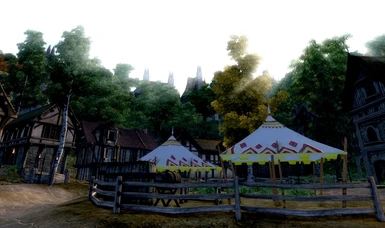
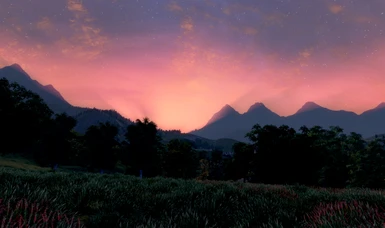
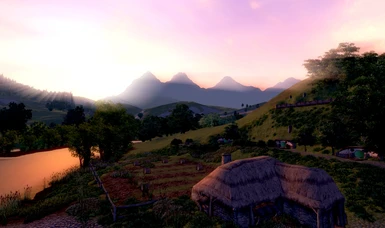
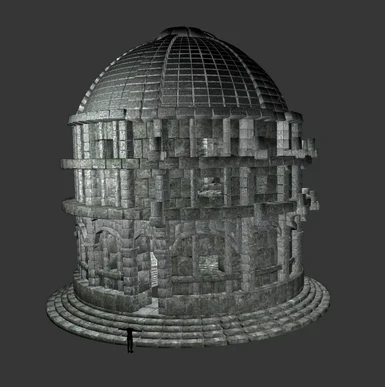
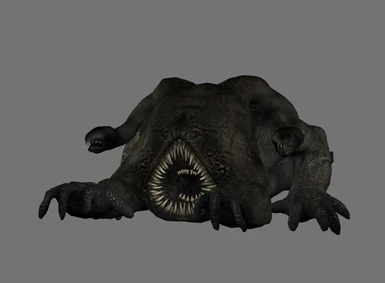
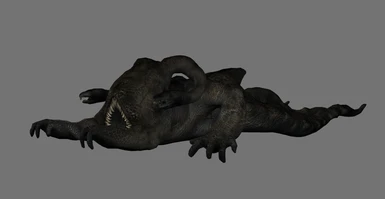
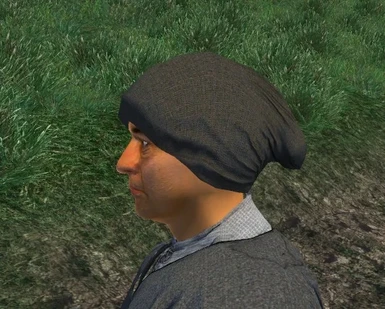
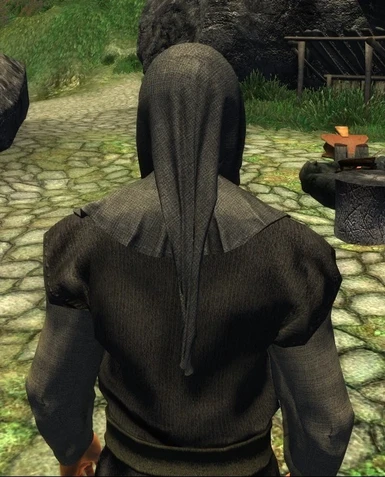
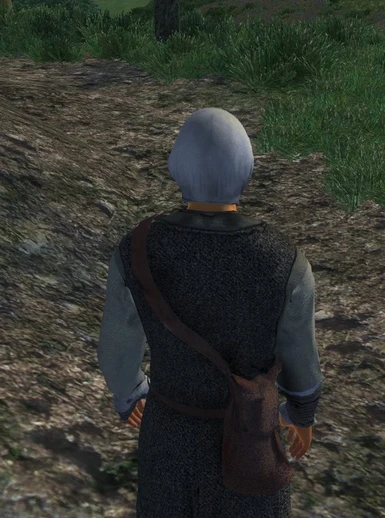
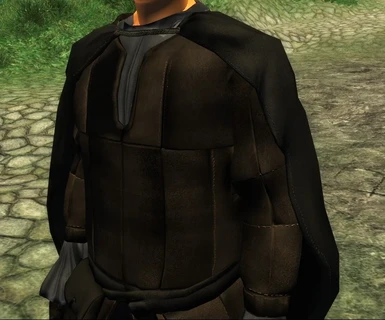
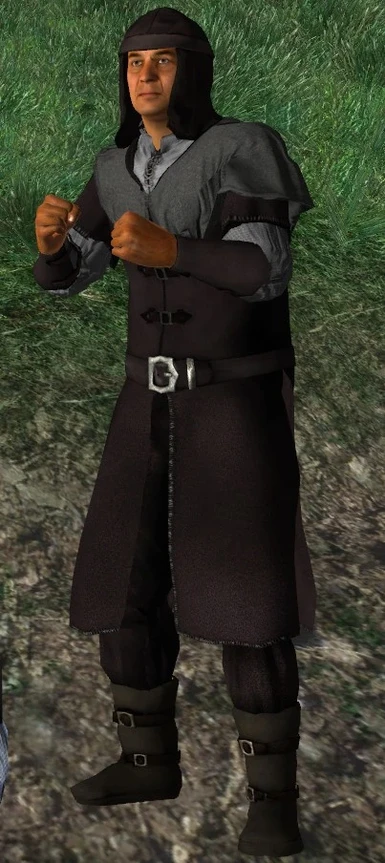
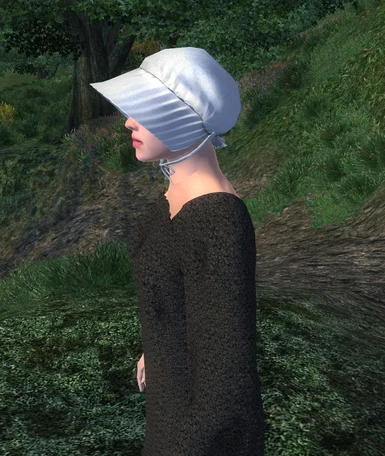
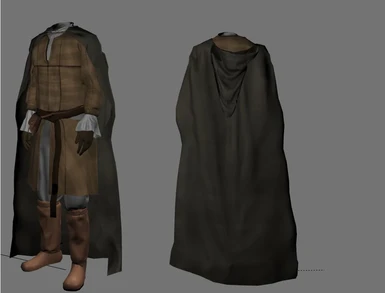

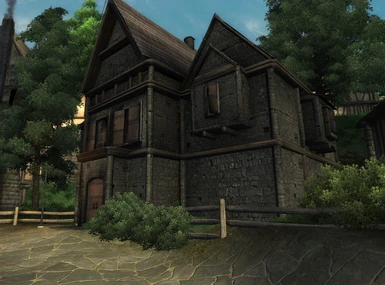
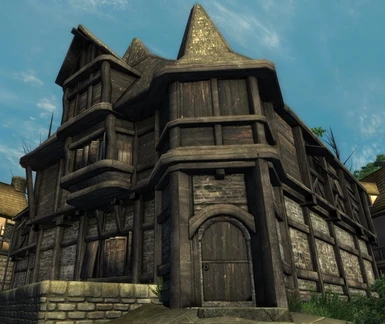
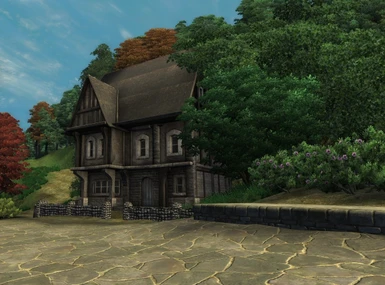
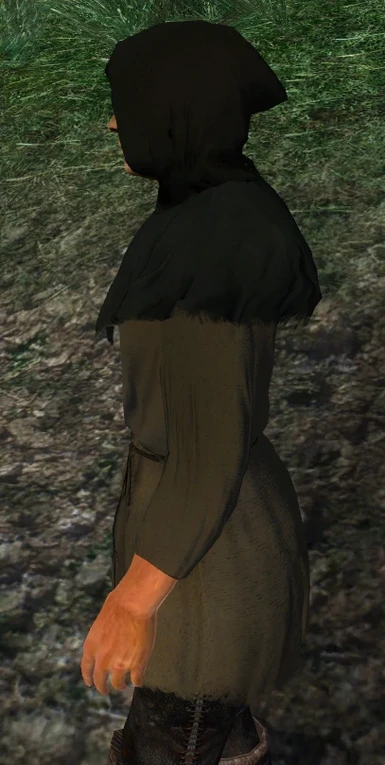
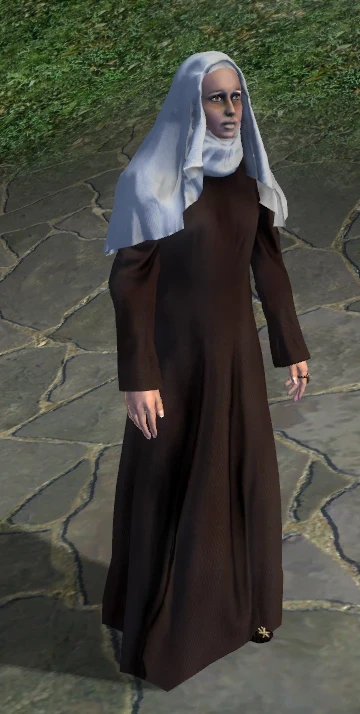
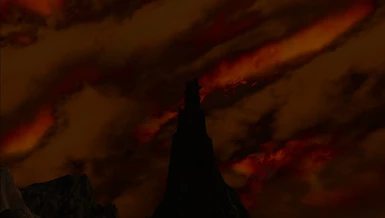
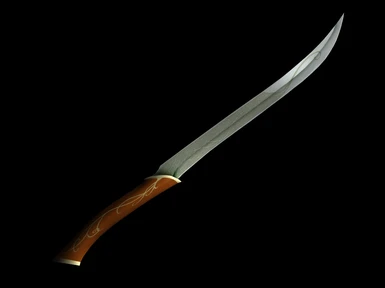
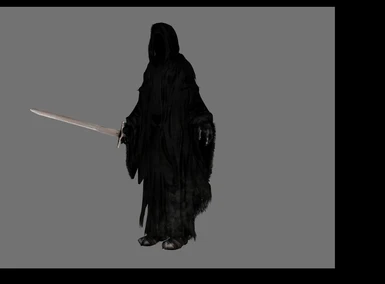
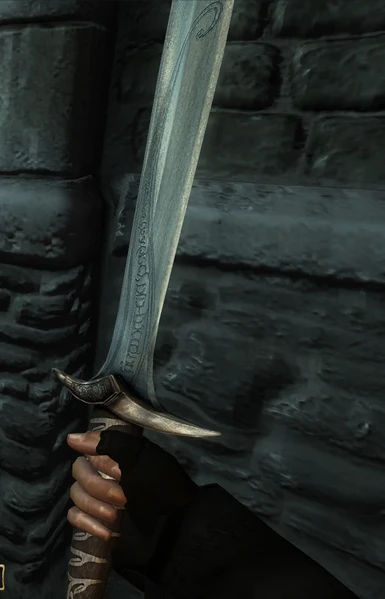
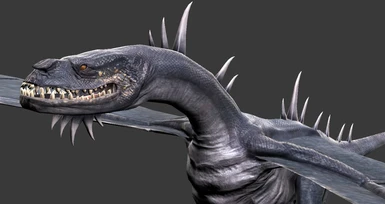
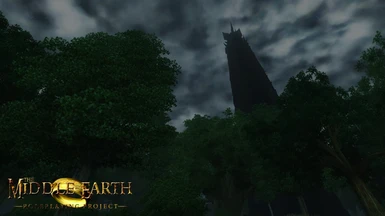
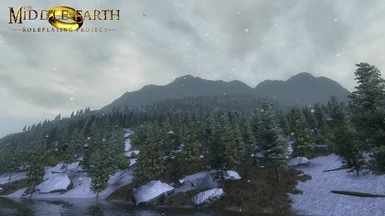
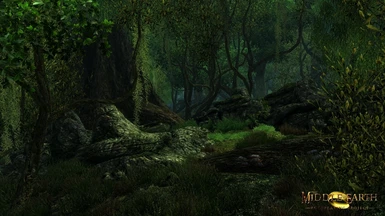
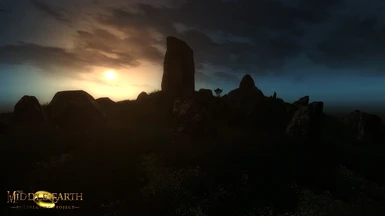
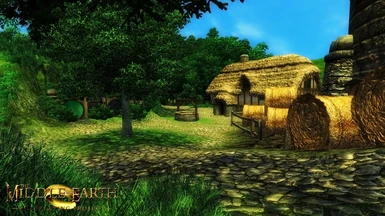
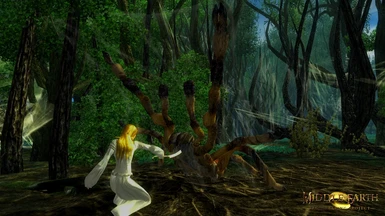
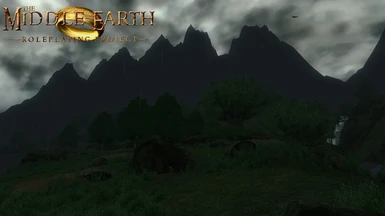
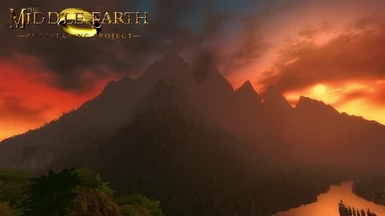
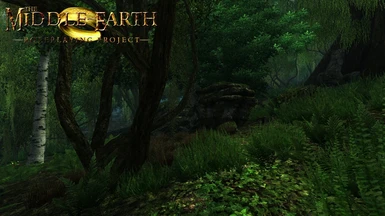
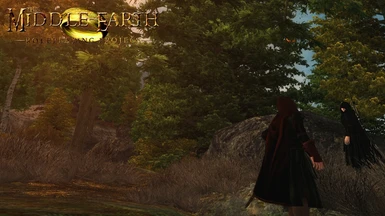
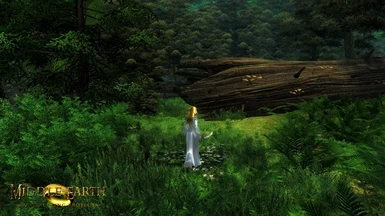
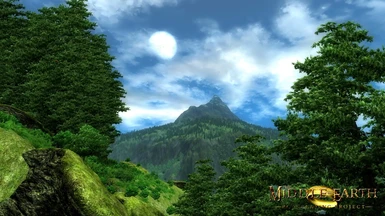
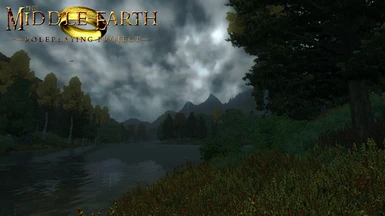
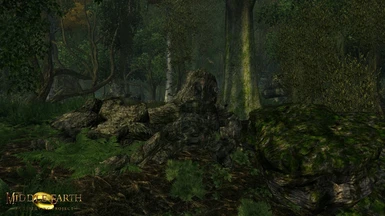
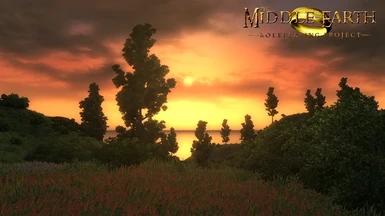
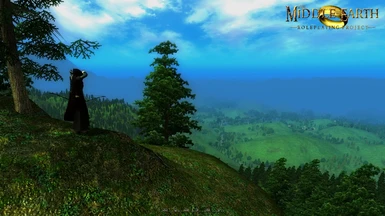
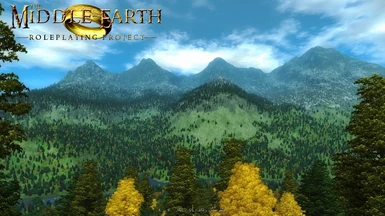
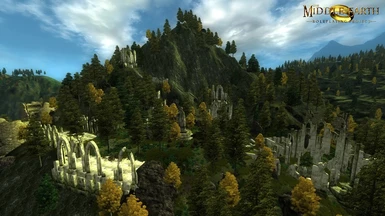
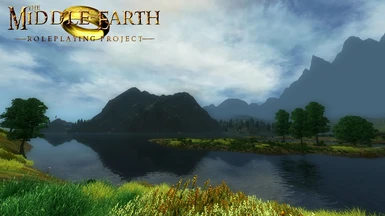
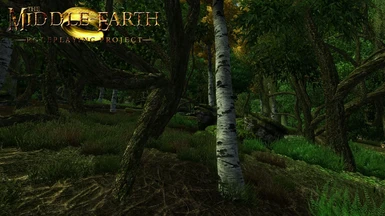
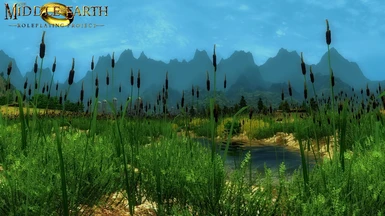
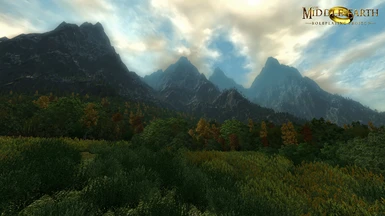
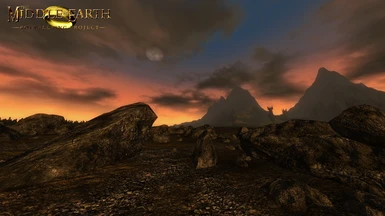
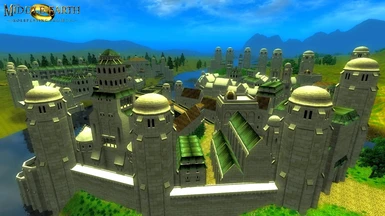
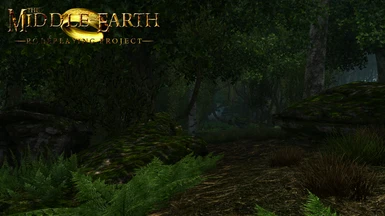
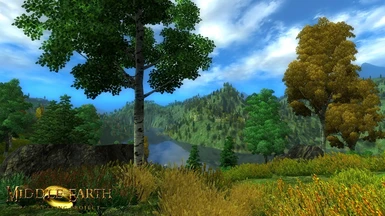
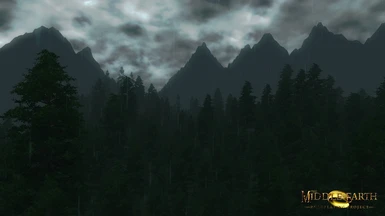
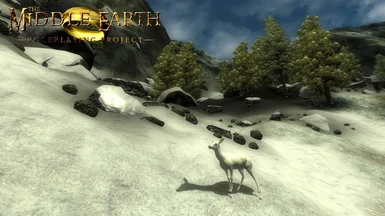
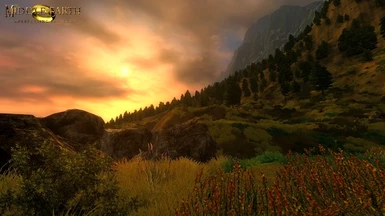
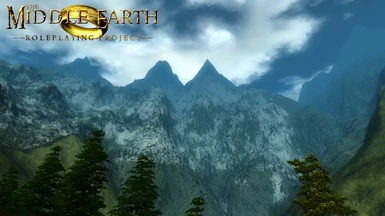
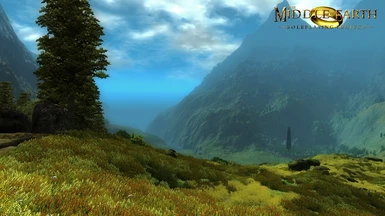
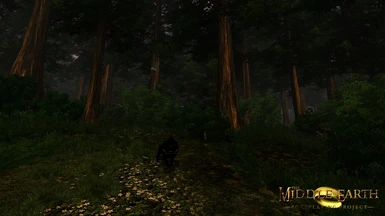
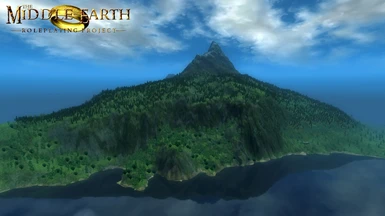
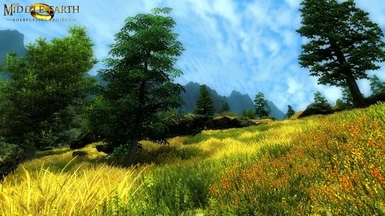
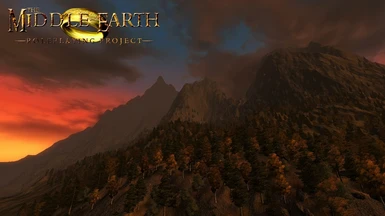
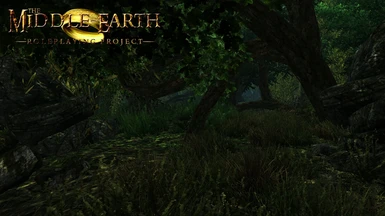
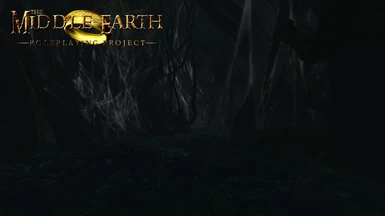
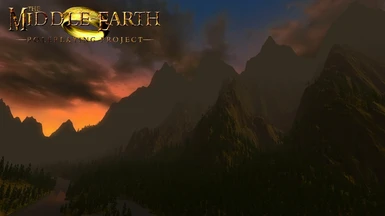
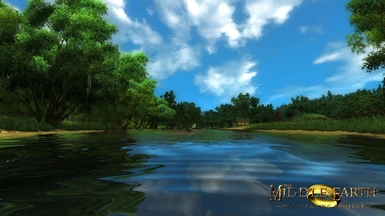
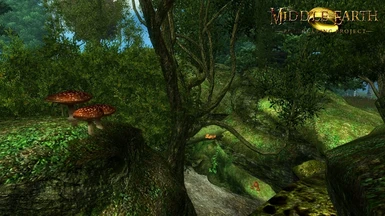
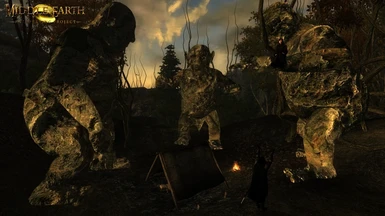
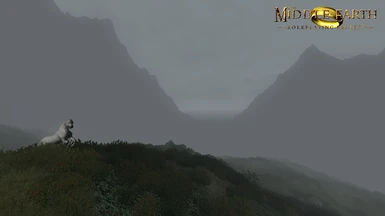
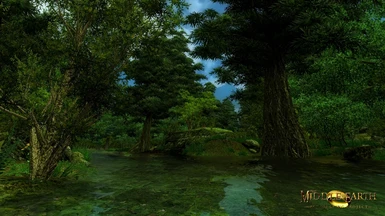
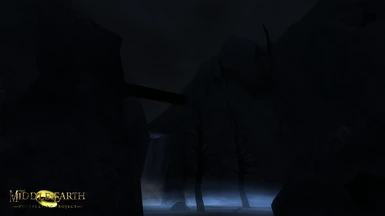
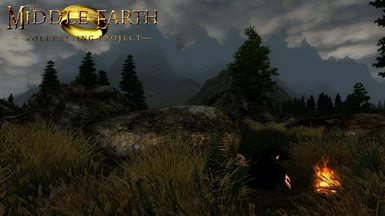
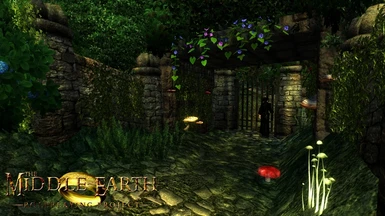
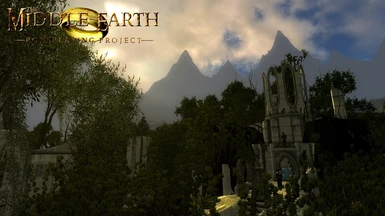
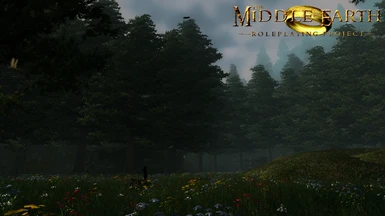
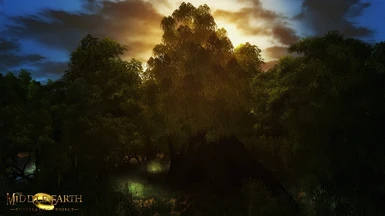
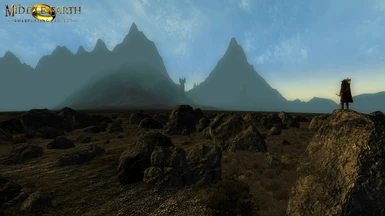
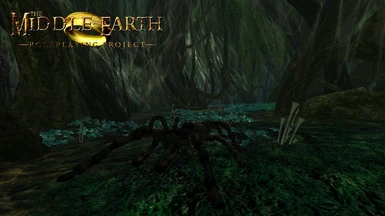
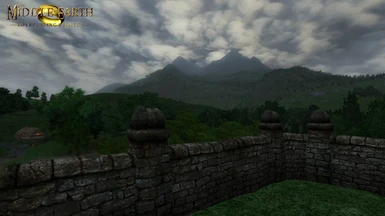
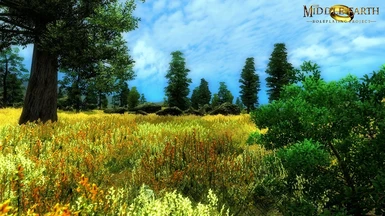
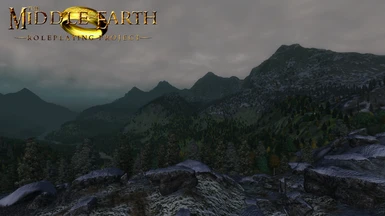
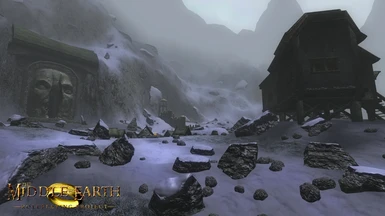
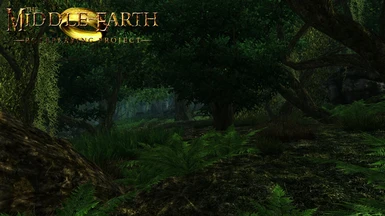
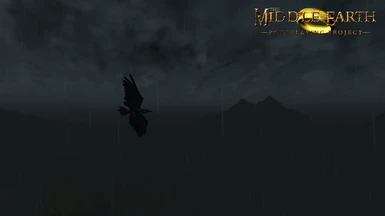
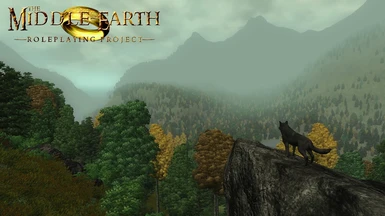
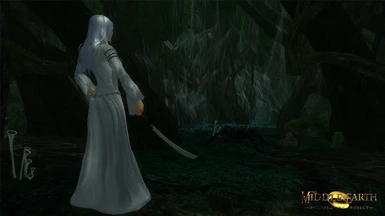
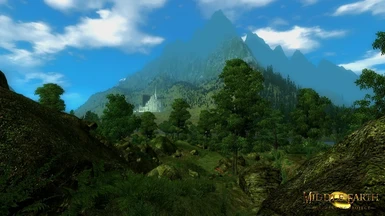
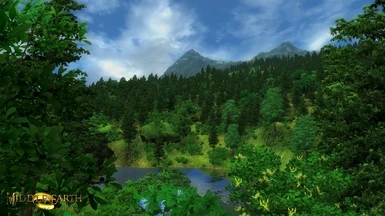
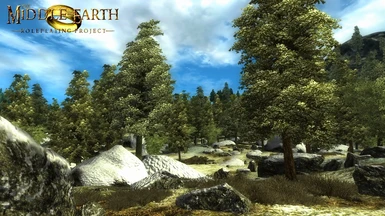
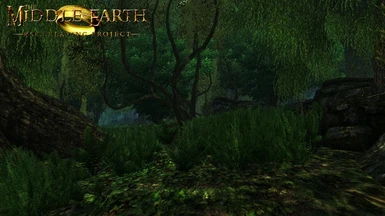
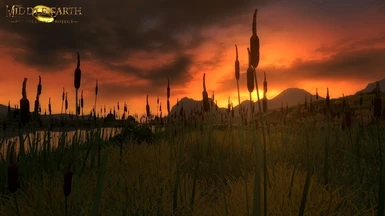
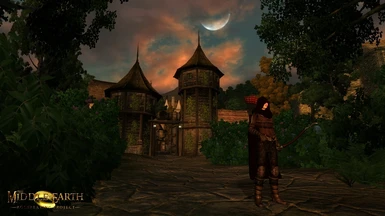
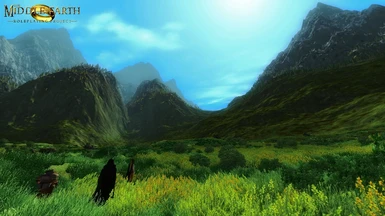
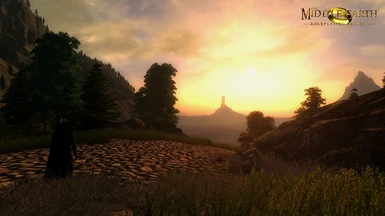
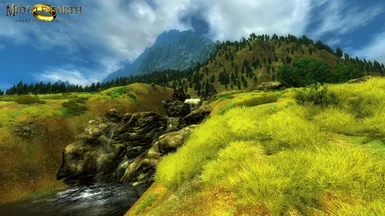
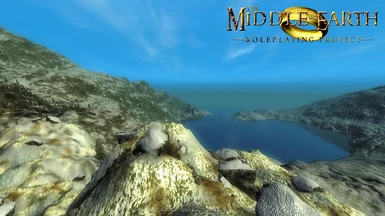
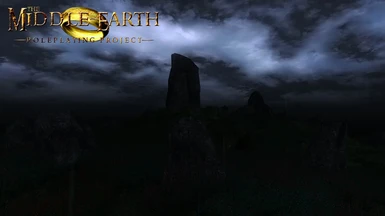
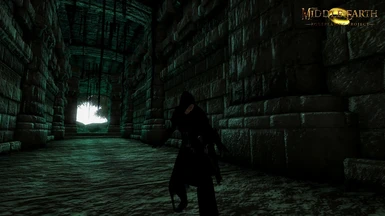
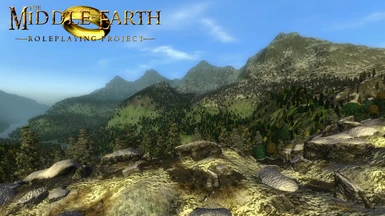
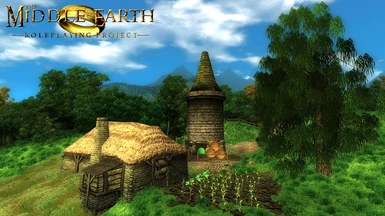
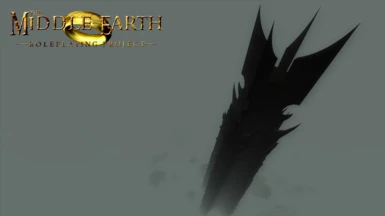
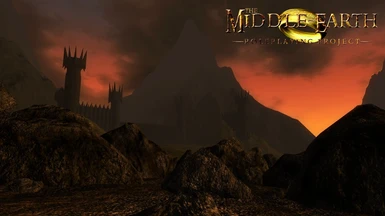
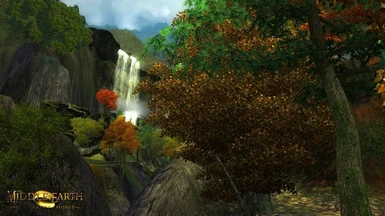
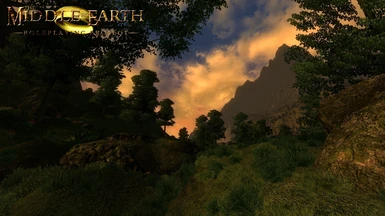
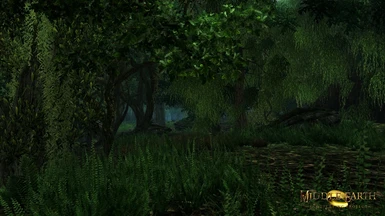
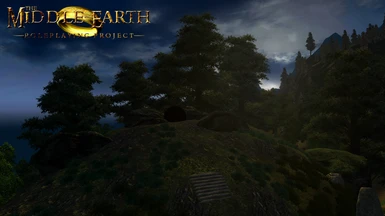
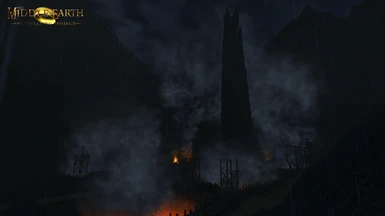
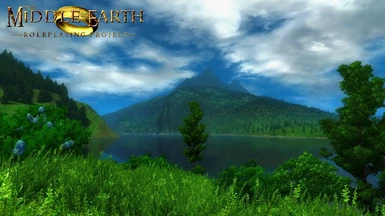
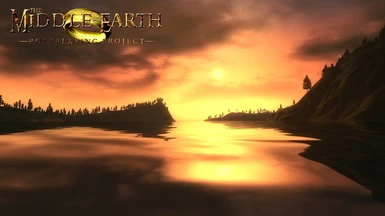
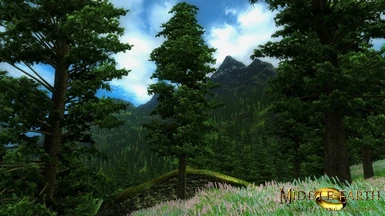
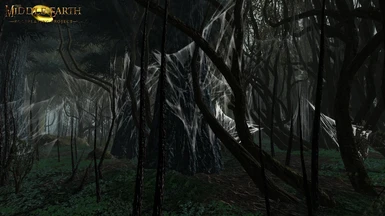
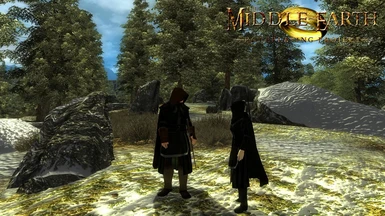
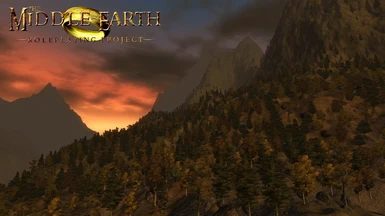
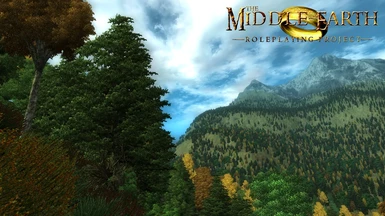
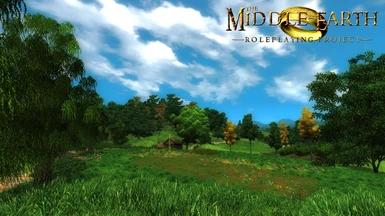
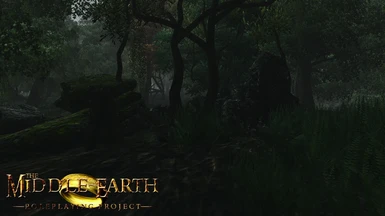
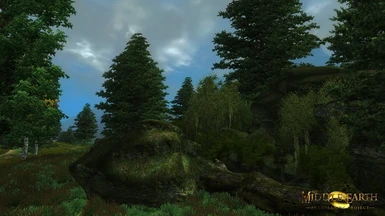
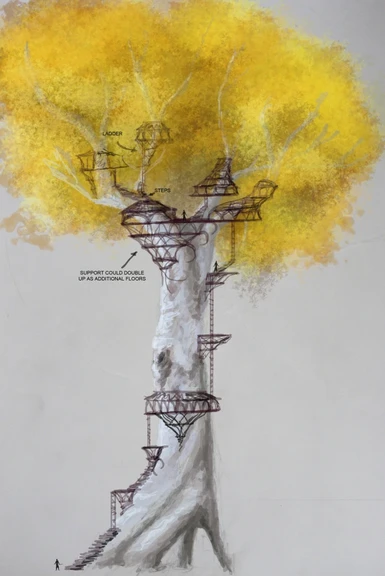
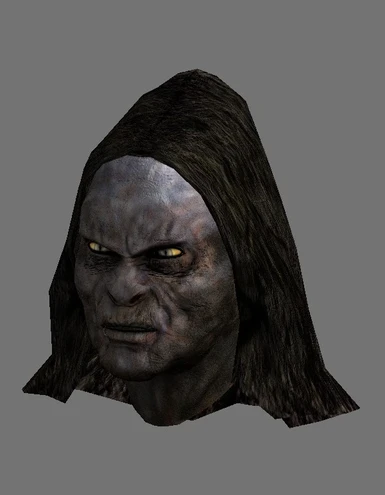
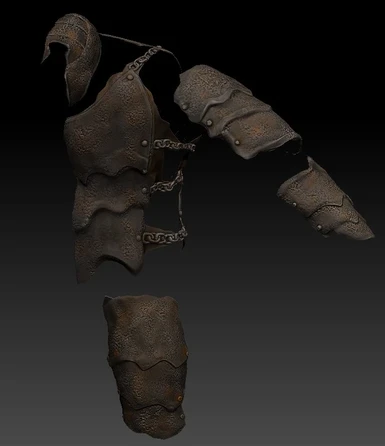
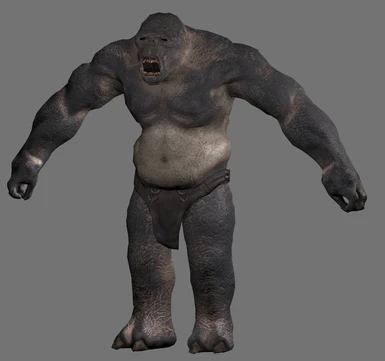
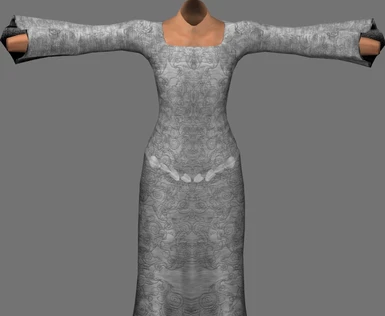
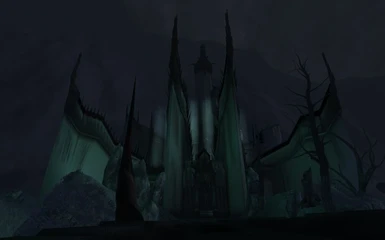

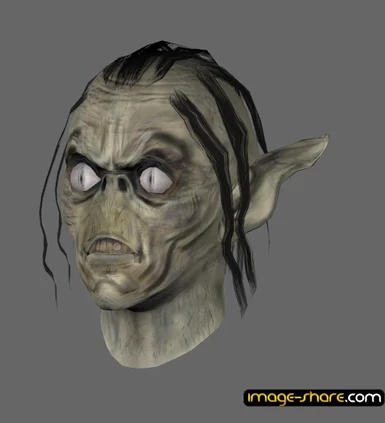
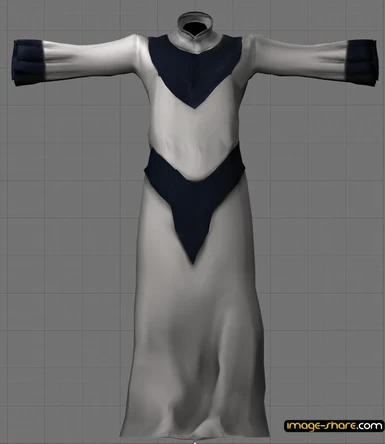
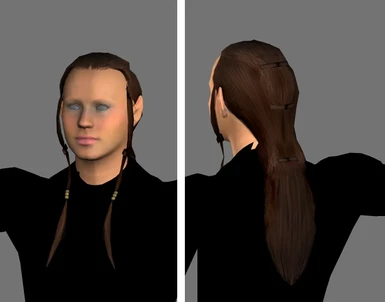
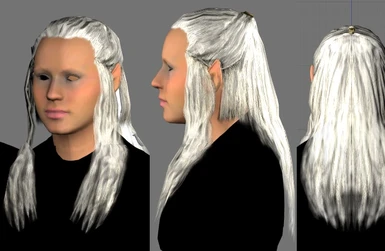
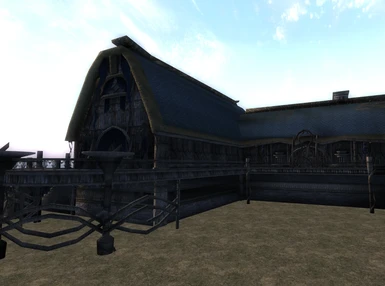
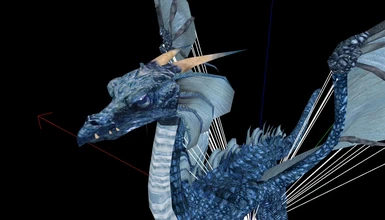
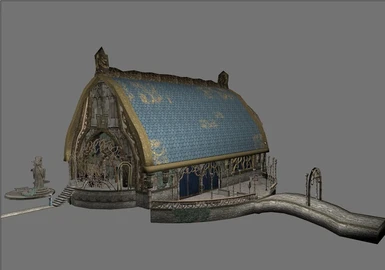
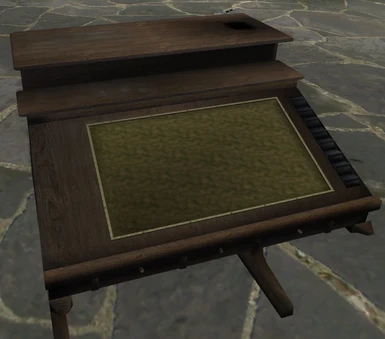
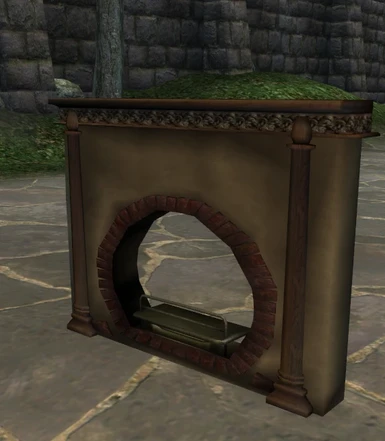
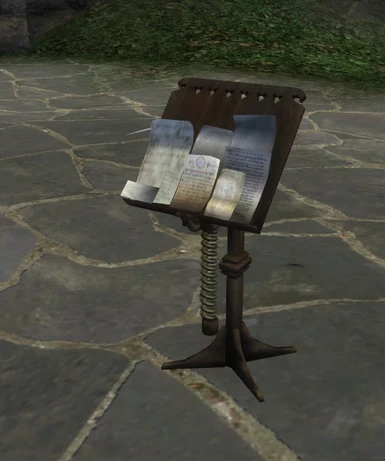
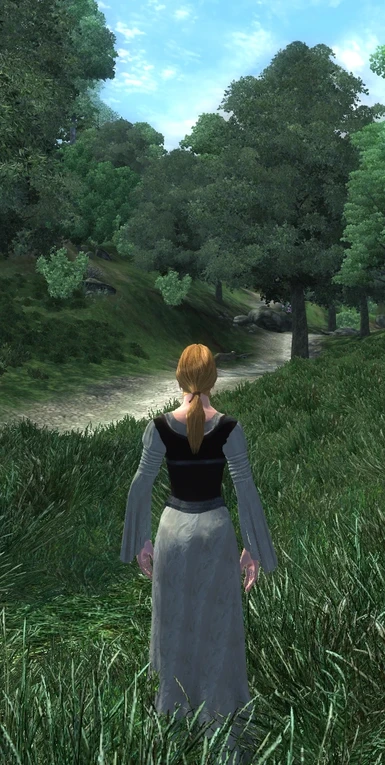
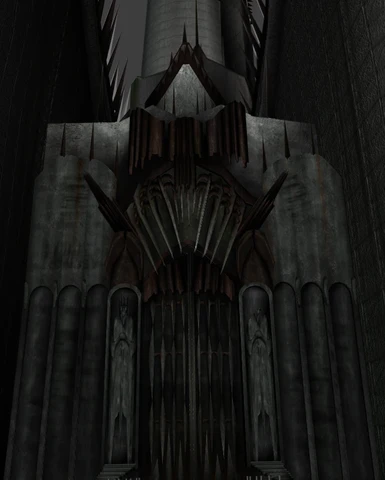
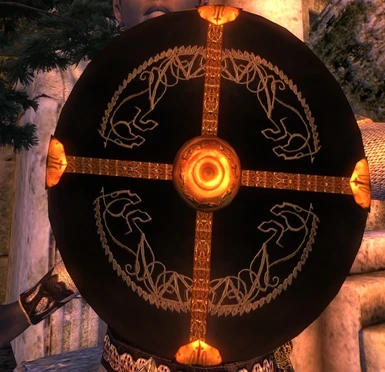
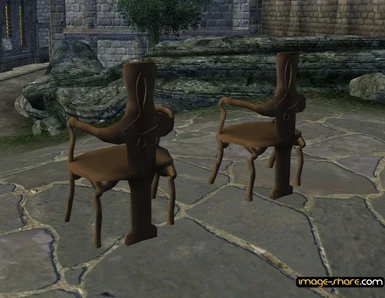

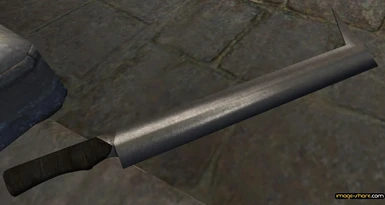
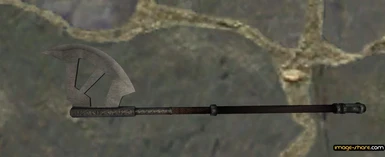
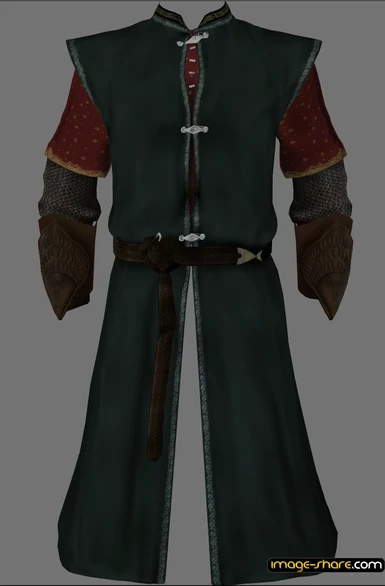
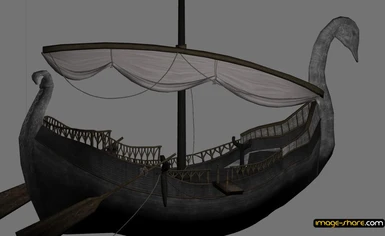
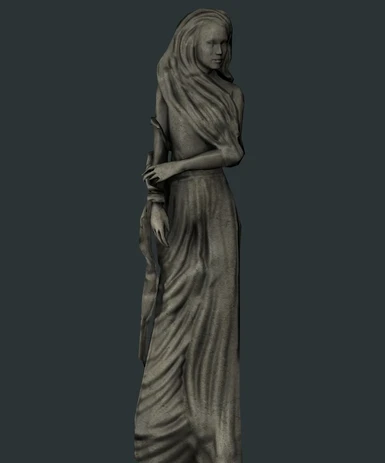
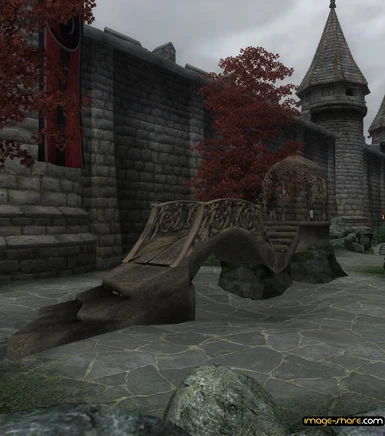
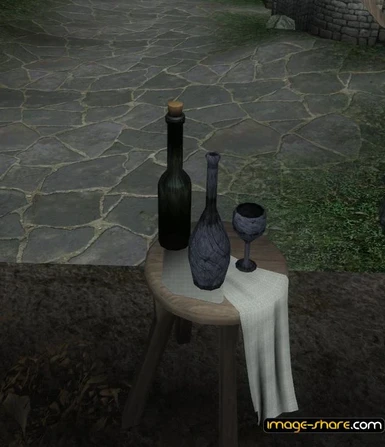
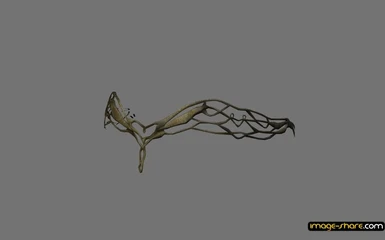
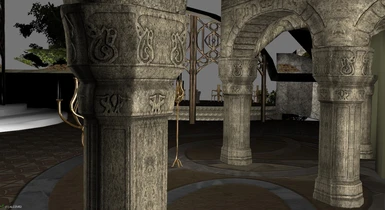
1540 comments
https://www.moddb.com/mods/merp-middle-earth-roleplaying-mod/downloads/merp-026-beta-for-oblivion
Don't forget the 0.265 patch:
https://www.moddb.com/mods/merp-middle-earth-roleplaying-mod/downloads/merp-0265
++++++++++
And check there for MAJOR upgrades to the original O-MERP:
https://www.nexusmods.com/oblivion/mods/48823
------------
16 March 2020, 8:28AMNot broken… just the 1st part. You need to go elsewhere to get it whole.
https://www.moddb.com/mods/merp-middle-earth-roleplaying-mod/downloads/merp-026-beta-for-oblivion
Don't forget the 0.265 patch:
https://www.moddb.com/mods/merp-middle-earth-roleplaying-mod/downloads/merp-0265
++++++++++
And check there for MAJOR upgrades to the original O-MERP:
https://www.nexusmods.com/oblivion/mods/48823
I clicked on the "Download Now" button, waited a few seconds, and it started.
Don't forget the patch, then my add-ons (by order of loading):
1 Goblin cave populated:
https://www.nexusmods.com/oblivion/mods/48802?tab=files
2 The forest grown at Lothlorien
https://www.nexusmods.com/oblivion/mods/50228?tab=files
3 The full latest version of my (numerous) additions: "MERP Plus 0.362 FULL":
?https://www.nexusmods.com/oblivion/mods/48823?tab=files
The "game" so far is designed to be played as a "BurraHobbit" ;)
Nice, but small...
https://ibb.co/mNPCMYG
Anyone know how to fix this?
Check this article about how to install:
https://www.nexusmods.com/oblivion/articles/44381
The message seems to come from OBSE (Oblivion Script Extender), which does not seem to recognize your version of Oblivion.
Did you check the article I pointed you at? O-MERP needs the latest version of Oblivion, Shivering Isles and OBSE!
Check these:
https://forums.nexusmods.com/index.php?/topic/7427561-oblivion-script-extender-does-not-work-with-the-goty-edition-unknown-oblivion-version/
https://www.reddit.com/r/oblivionmods/comments/bfbxze/help_obse_error_when_running_the_obse_loader/
MERP start by launching "MERP Launcher"…
Lovely.
Copy-paste it into
Users/YourUser/Documents/My Games/Oblivion/
delete the Oblivion.ini file there, then rename the new one.
Of course you'll have to set again your Options…
:)
I have THREE installs of Oblivion on the same computer:
OOO (Oscuro's Oblivion Overhaul)
MERP
MorrowOblivion.
They all look for the same Oblivion.ini file aforementioned… of course no compatibility.
So I have 3 Oblivion.ini files around, named OOOOblivion, MERPOblivion and MOblivion.
Any time I change the game to play, I duplicate the required ini file, delete the current one, and so on.
Oh, and don't forget the games are saved at the same place… unless you use the same trick as above :)
You can try with different user accounts...
Game companies in particular are unusually litigious; TSR has filed numerous lawsuits for D&D/Dungeons & Dragons trademark infringements, especially against third-party publishers of add-on modules (the dead-trees progenitors of videogame mods), and Bethesda itself has gone after other games with "Scrolls" in their names, and actually won against or forced settlements from their publishers.
I really don't care at all; I'm simply pointing out the trademark problem. And people generally do not understand the differences between different types of intellectual property, frequently confusing copyright, trademark, servicemark, patent, etc.; I worked for over a decade in I-P, so I actually do know what I'm talking about. The point is to provide a heads-up about an issue and why to resolve it, not get into some interminable Internet "sport debate" with random strangers who aren't in a position to do anything with this mod's listing anyway.
Why it should matter to the mod author(s): If I were a struggling game company exec and I had few ethics, I might go after people for trademark violations just to net some money, and on the "there is no such thing as bad press" principle (which is not really true, but many companies do not understand the Streisand Effect at all). Do you know ICE's management personally? Can you vouch for them and their take on trademarks?
More seriously, if I were Nexus's management, I'd be concerned about such a company suing my company for contributory infringement, given that the average modder won't have assets worth going after legally, but Nexus sure does. So, as long as this mod continues to violate the trademark, it's a target for Nexus to delete it or hide it until the name has changed. Since I don't care, I'm not going to "file a report" about it, but the smart thing to do is – really obviously – to rename it.
Out of curiosity, I wonder how legit it would be to make a Pathfinder (or D&D) pen-and-paper RPG adventure-inspired mod, as long as only the plot is adapted to TES4, and the mod author explicitly states (with links etc.) which adventure has been used as the basis.
Long-ass version, with some example cases and lots of trivia:
It would need to be different enough that it did not qualify as a "derivative work" under copyright law, and different enough in names and unique terminology to not run afoul of trademark law. (Most especially using a trademark as or in the name of your mod; e.g. "Ravenloft in Skyrim" is a really bad mod naming idea!) There's a grey area between "inspired by" and "ripping off", and it gets rapidly darker the closer you get to the latter. :-) A good rule of thumb is the level to which, say, a TV show may liberally borrow from the plot of a not-yet-public-domain short story, novel, or old film as an homage without there being credits to the original story's author (which usually represents some kind of licensing deal and money changing hands).
Plot elements in and of themselves can't really be intellectual property, but character names can be trademarks. Rarely, the very "likeness" of a character can be subjected to trademark, though assertion of a trademark hardly translates to automatic legal victory. Marvel's particular rendition of Conan the Barbarian is an example, but one they've never been able to enforce to my knowledge; it's become the quintessential barbarian look in visual fiction, including games. An exact detailed sequence of events, if complicated, can qualify as a derivative work under copyright law sometimes, and so can closely digitally modelling a paper game map, and so on. Best bet is to change it up just enough that some of it's creative rather than mimicry, and change any names that might be trademarked. That's probably how this site gets away with so many "here's my rendition for Game X of Character Y's outfit in Game Z (from a different company)" mods; it ends up being just barely different enough and gaming companies know better than to go after individual modders unless something really untoward is happening. A lawyer could maybe make a derivative-work case, but it's iffy, and thus doesn't attract expensive legal machinations. Some side examples: Both the name and look of William Gibson's cyberpunk character Molly had to be changed in the film version of Johnny Mnemonic because the rights to the character were sold to someone else for a different film based on another of his stories (a film which never materialized; I think it was going to be Neuromancer, or maybe the short story "Burning Chrome"). Both the likeness and the name were off-limits. Similarly, Conan (still played by Schwartzenegger) had to be changed in name, appearance, and general plot into Prince [Something] in the original Red Sonja film with Briggite Nielsen, because some other studio had the rights to Conan hisself – this despite Conan and Sonja being part of the same set of stories on the Marvel side (Robert E. Howard's original novel character was Red Sonia, and wasn't Hyborian, but a Cossack in the Early Modern Period; Marvel's comics reworked her into a Conan contemporary in the 1970s.)
Dispute-wise, I'm reminded of a particular "case that didn't quite become a case": Daniel Keys Moran (a sci-fi author, not to be confused with Daniel Keyes, another novelist) wrote a screenplay for Star Trek: The Next Generation, but it got rejected. A year or two later they ran an episode that very closely mirrored what he'd written, just with characters, exact setting, spoken lines, and other details changed. Apparently the entire overall plot had stuck in someone's mind, but without a memory of where it'd come from, and they had one of the regular writers do it up as a new screenplay based on what this person had absorbed but mistaken for their own idea. (That's the charitable interpretation, anyway.) Moran was told by legal counsel he had clear grounds for an infringement suit (and maybe breach of contract or something, too; I forget the details), but chose not to, because it would probably generate bad sentiment in fandom circles and impede his chances of getting work accepted by the same and "friendly" studios. Cost-benefit analysis. He wrote about it on his mailing list (which was kind of a pre-blogging blog, back in the '90s). The episode was the one where O'Brien ends up in a virtual prison for something like 20 subjective years but only a few real-time days have passed, and he's psychologically scarred by it. It's Moran's story, whoever really got credited for it (and deserves some credit - the exact dialogue and such was theirs). [Aside: If you've not read Moran's The Long Run, I cannot recommend it highly enough.]
ANYWAY, music-industry sampling isn't a good model; that's a entirely different I-P regime, with weird rules negotiated within the industry specifically keep the lawmakers out of it. It's resulted in a "sample clearances" system of small royalties, but it's really industry self-regulation. An actually good one might be game scenarios, races, quests and the like that are directly modelled on previously published fiction. Like the huge extent to which D&D borrowed directly from Tolkien, and the TES games borrow directly from both, but without directly replicating plots, or referring to anything as Hobbits or the Drow. Various non-profit modders have gotten away with it, but the Tolkien rights holders or TSR, respectively, would happily sue a company like Bethesda if they put Hobbits or Drow, actually named that, directly in a TES game without a licensing deal. Meanwhile, we all know the Dunmer are loosely based on the Drow, and that TSRs Elves and Orcs are based on Tolkien's (but those weren't trademarkable terms; he'd gotten them from Northern European folklore in general; various more plain-English terms like "Halfings", "Dwarves", "Wood Elves", etc. wouldn't be trademarkable either). On the copyright rather than trademark side, TSR was careful to never directly rip off any of Tolkien's stories or character backgrounds, and Bethesda did not steal any plot from either, just an overall "fantasy RPG look and feel". TSR itself got sued (or at least lawsuit-threatened into a settlement) for something like this though. An Advanced Dungeons & Dragons book, Deities & Demigods> had various characters and scenarios directly ported from the works of Michael Moorcock (Elric), Fred Saberhagen (Fafhrd and the Grey Mouser), and H.P. Lovecraft (Cthulhu). Another game company had (limited?) rights to some of these characters (Moorcock's and Lovecraft's), and forced TSR to credit them – their direct competitor – in a new printing, then the next edition removed the Cthulhu and Elric material completely. Similar cases have happened in music, where bands have done cover versions without permissions and royalties and gotten sued or forced to recall and reissue; it appears to be fine for them to do covers in live shows, but there are licensing and payment requirements for doing a cover as a studio recording, or releasing a cover as part of a live album. Has also happened with extensive sampling (one of Delerium's albums had to be reissued minus one track for this reason, and I remember someone else being sued by Ofra Haza's estate for similar reasons). Songs are akin to plot for this analysis.
So, there's this wide but not entirely certain middle ground of taking some plot and some non-plot, or taking a bunch of plot and changing all the non-plot, or taking lots of the non-plot but ditching all the plot – and generally avoiding using the same names. Since Chris X. Random the hobbyist modder isn't an attractive legal target (few modders are wallowing on mounds of money in their summer mansion), the real risk for potentially infringing mods is to Nexus; thus the main risk to the modder is getting their hard work nuked off the site.
Conclusion: change the names and make the plot different enough, so it's an "inspired by" homage, not a substantial duplication of the original work.
IANAL: This doesn't constitute legal advice of course; I'm a policy analyst who worked with I-P lawyers for a long time, not an actual I-P lawyer myself.
Another monster-sized ramble into detailia:
Trademarks can become genericized and lose their status, e.g. aspirin used to be one, and so did zipper and nylon, if I recall correctly (would really need to go look it up again). There are many obvious examples of marks at risk for this, like Frisbee, Teflon, Band-Aid, Kool-Aid, Popsicle, Coke, etc. – because the average person uses them as lower-case everyday words for the entire category of competing products. But it takes a court decision to declare a trademark genericized. There are also "strong" and "weak" marks. The more made up and unique a term is, the stronger it is. E.g., Kodak is a strong mark, as an otherwise meaningless nonce word, but Eastman isn't, since it's just a common surname. Other factors affect strength, like marketing level and thus "public mindshare" saturation: McDonald's is a much stronger mark than it would normally be, due to market saturation, and probably transcends some of the normally tight trademark-category lines, such that you'd likely be successfully sued if you opened a "McDonald's Seafood", or other non-burger restaurant. Something similar applies to Ford. While you can certainly open a Ford Real Estate Agency (especially if your surname is actually Ford), the closer you get to machinery and transport the more likely you'll get a TM infringement suit dropped on you. Drow and Hobbit are, on their own merits, pretty strong marks, unlike something like "Dark Elf", which would probably never be treated by any court as a valid mark. However, Hobbit has weakened a little because a fairly recently discovered short species of real-world proto-human, Homo floresiensis, has been nicknamed "the hobbit" (usually lowercase) by its discoverers, and this was very widely picked up in the press. This decreases the strength of identification in the public mind between "Hobbit" and the Tolkien franchise. Still, just due to how caselaw works – courts do not just decided to issue a ruling on something they think there should be a ruling about, but only in response to an actual case – it would take something like the publication of a Tolkien- and TSR-unlicensed and -unrelated The Hobbit and Drow Wars: A Novel of Prehistoric Bulgaria (or whatever), and a lawsuit about it being lost, to have Hobbit and Drow determined to be generic. Whether they oughta be or not.
The copyright side is very different. It's a matter of expiration of copyright. This area is basically totally owned by the publishing industry. Congress (and its rough equivalents around the world) just cave in to virtually every demand by content publishers (who inject tons of money into the election cycles). The I-P lawyer's joke is that "Steamboat Willie" and Mickey Mouse are never, ever going to be in the public domain. This is based on reality. The original copyright expiration term was something like 25 years, and it was intended to work like patent law, as a limited-time protection of production and distribution rights to secure individual creators' livelihoods without strongly impacting the public's use and re-use of material. Obviously, it's badly mutated, into a scheme for protecting corporate franchises in perpetuity. In the US today (and many other countries), the copyright term is the lifetime of the original author plus 75 years (and the requirement to register copyrights was eliminated; they apply automatically from the time of creation). Disney has in fact been the primary impetus for this extension after extension after extension to the time span. Every single time they're about to lose copyright to early works by Walt Disney, they firehose money at legislators (with help from other I-P houses like Time-Warner or whatever their mutating conglomerate name is these days) and get an extension injected into copyright law. So, while the public perception is of course that these things should eventually be public domain, and in many cases already should be, the legality is the exact opposite. And a copyright doesn't weaken, unlike a trademark, when the public doesn't interpret it as valid.
The courts aren't dead-stupid, of course. TSR was actually at marked risk of lawsuit from the Tolkien rightsholders in the early days of D&D, because it was a shameless ripoff of Middle-earth in a zillion ways. But it didn't happen (presumably because it was probably just J.R.R. Tolkien's actual heirs at that point, without big-company interests involved). Rights have to be asserted and defended, and decades of inaction by stakeholders in the Tolkien material have ensured that TSR is immune to any "the horse is so far out of the barn it's on Mars now" retroactive legal action. This also means it's safe for anyone else to use Tolkien-inspired stuff that's pretty ripoff-ish, as long as they avoid really direct copyright and trademark infringements. (And a statue of limitations probably applies in most jurisdictions, anyway.) This has much to do with why Marvel's "likeness" rights to Conan the Barbarian have eroded to pretty much nothing; they never did anything (that I know of) to enforce them against makers of other "half-naked barbarian thug with a sword" comics and movies and such. After they and the Howard estate licensed the film rights to the Dino De Laurentiis Corp., that made any likeness infringement enforcement that much more difficult, since the comics character automatically became less distinctive to the public (at the likeness rightholder's own commercial instigation) and there were now multiple stakeholders with perhaps conflicting interests. I would not've wanted to've been a lawyer on such a case (other than perhaps for the amount of billable hours due to complexity!).
All that said, there are always fair use, critical commentary, parody, and other exceptions (at least under US law). You couldn't be successfully be sued for trademark or copyright infringements for a parody of Superman (this is why porn studios can get away with so many cosplay flicks that use Marvel and DC character names), or for doing an "unauthorized" documentary called Batman, and DC's Rise in Comics, or for putting out your own comedic graphic novel about a sword-wielding nerd named Conan the Librarian. However, anyone can file a lawsuit at any time for any reason, whether it's a stupid one or not; trademark and copyright owners have not been above "nuisance lawsuits", often to their own later regret. E.g., in 1998, Prema Toy Co. (owners of the Gumby and Pokey trademark and franchise) went after a kid nicknamed Pokey (for entirely unrelated reasons) for his Pokey.org blog; New York Times covered it, among a lot of other bad press. That case has been immortalized in books like Copyfraud and Other Abuses of Intellectual Property Law, and Unusually Stupid Americans: A Compendium of All-American Stupidity. It was a bit of public relations debacle. Speaking of the porn parodies things above, they aways used to change the names and outfit details, until very recent years. I suspect there's been a case decided that I'm unaware of, because they never would have just literally called it something like "Batman Boinks Harley Quinn" with exact duplicates of their costumes in the old days. I'm really not sure though; keeping track of this stuff isn't my job any more.
Moving back toward the OP: "Underdark" would probably fail as a trademark for the same reason as "Halfling" and "Grey Elves", being plain English with little novelty. This is one of the reasons for all the misspellings in trademarks (Tumblr, etc.); it turns out that just using a word or running two words together doesn't actually make for a strong mark. For naturally weak marks to become strong, it generally takes massive amounts of marketing in multiple trademark categories, such that the name is strongly associated with a single trademark holder in the public mind. The average general-public schmoe (or the average gamer and fantasy-fiction consumer, within the applicable trademark categories) has no strong mental connection between "Underdark" and D&D or TSR. So, even "Ravenloft" might not be a very strong mark, though there may be more of an association there, since it goes back further in D&D lore and to when the game was much more popular. But there's a much stronger association between, say, "Mordor" (or something even more specific like "Aragorn") and the Middle-earth franchise. This direct and specific association factor is also why major characters in franchise-oriented modern works tend to have unusual names and not something like "Jimmy" or "Susan", and their full name is frequently reinforced ("Lara Croft", etc.) if they do have a common first name. It's to make the mark more defensible as a property. But it can be context-dependent; even the generic name "Molly" was basically off-limits for the Johnny Mnemonic movie because the character by that name was sold to another studio; changing the character around but keeping the name would not have been sufficient. Oh, and parody turns out to be pretty broad; it doesn't have to be outright mockery of the original, but can be something like satire of a social issue, using the framework of much of a previously published story/character set/scenario/whatever to deliver it. Simultaneous homage/parody stuff is generally also safe. Galaxy Quest skewers Star Trek and honors it at the same time. It's also not a farcical mockery, but intended to be a real story (i.e. to kind of compete with the original in a minor sense, as a sci-fi adventure story). It's not in infringement danger for having "real story" elements and not being pure parody (though it studiously avoids any trademarked names, spaceship shapes, etc.). It's interesting how different the earlier Spaceballs is. It's a much closer parody (of Star Wars) down to a great many details (Vader helmet shape, etc.), but also takes pains to be more parodically absurd. Same with all those super-goofy parody flicks like the Scary Movie series; the more recognizable elements they use from others' works, the more they turn up the satire's lack of subtlety to prove that it's a parody should the need to prove it arise.
A lot of small third-party publishers of D&D compatible modules got effectively shut down by TSR (generally without having to pursue any case to conclusion, because the cost of any legal defense at all was enough to drain them dry), on the basis that the game system itself (all its tables of stats and such) were themselves intellectual property. I think it's clear now that this argument would not actually hold up in court, but all the UI and "look and feel" and algorithm cases hadn't happened yet; that stuff didn't hit the courts in earnest until the 1990s. (The Broderbund and Lotus 1-2-3 cases were in 1986 and 1987 respectively, with followup action around 1989, but their applicability beyond computer-screen interfaces hadn't really been examined; the gist is that even then and that narrowly, the courts and the US Copyright Office weren't will to entertain very far the idea that this sort of non-content "structure" is property).
Back toward fiction: In the commercial entertainment sector, really similar characters with different names and not quite the same story are generally fine. E.g., Indiana Jones was a ripoff of Allan Quatermain (already in the public domain by that point, dating to the 1880s - though really weirdly there was a 1985 Richard Chamberlain Quatermain movie, King Solomon's Mines, only loosely based on the original Haggard novel and instead a shameless ripoff of Indy, right down the outfit and the poster art!). The Jones movies inspired a whole raft of "Indy-sploitation" lookalikes with different names and sufficiently different stories that a lawsuit would fail. A mere handful are listed here; I'm old enough to remember dozens more from the era. We only had a few cable channels in the '80s, so we watched whatever HBO and Showtime and Cinemax (and that was about it) would show. Similarly, any time one movie studio has an upcoming silly blockbuster about something really specific (comet coming to destroy the earth, alien invasion, giant monsters attacking our cities, etc.), other studios have a tendency to jump on the bandwagon and quickly churn out something confusingly similar, but not quite legally confusingly similar. Some jurisdictions have traditionally been less tolerant of this than the US ("passing off" is a relevant British legal construction), but in the modern globalized entertainment industry this has basically become irrelevant.
If I were going to do a D&D-based mod for some other game, e.g. a Drow story, I would work in parodic elements. (And this would not be hard: What the hell do they eat down there? Maybe set up a giant moles farm where they're milking them! If they're always in the dark, why are THEY dark instead of being pale like cave creatures usually are? Would be funny if there was some kind of glowing UV crystal around which they sunbathed. Then maybe give some of them serious tan lines as a gag.) Wouldn't call them Drow but Dark Elves, yet would make lots of veiled Drow references. ("I feel really drowsy every time I come into this cave for some reason", etc.) That would be sufficient to secure it as parodic, I would bet (though can't advise – IANAL again). Not that individual modders are at much lawsuit risk from anyone; more just "my mod got nuked" risk. The moment you try to actually sell something, though, all bets are off. That triggers an entire different set of copyright regs. Infringement for non-profitable purposes wasn't even legally actionable until after a case against a software piracy site failed in the 1990s; I forget the case name, but the judge noted that in absence of a profit and a profit motive, the should-be-applicable laws weren't. Congress later amended them, but still within limits – your liability and likelihood of being liable is worse if you're profiting from an infringement or enabling profit from infringement – and they didn't undo the fair use doctrine (which covers a whole lot of stuff, from making copies of pages from a book at the library, to using stills from a movie when writing a review of it, etc., etc.)
PS: What keeps the Middle-earth stuff from being like Pinnochio and Little Red Riding Hood and Peter Pan is the copyright expiration term, as well as trademark law.
More yakkety-yak, not as much this time:
Peter Pan's copyright expired, and while stuff like Pinnochio and Little Red Riding Hood and other classic folk-ish stories come down to us in forms with specific authors (I"d have to look it up to get it right on a case-by-case basis - Brothers Grimm, Hans Christian Andersen, etc.), they pre-date copyright law and would be expired by now even if they didn't. And this wasn't the sort of thing anyone tried to apply trademark law to, anyway, until probably the mid-20th century with the rise of the entertainment industry in earnest. The concept of "the arts as commerce" really didn't come into being until the Art Nouveau era (ca. 1890-1910).
But Tolkien was alive and well long after the beginning of the constant expansion of copyright term lengths. Who knows when/if the legislators will finally have the spine to say "nope".L. Frank Baum's Oz material is actually still subject to copyright last I looked. I'm not sure about trademarks in that case; there might not be any, and that might be why there's so much Oz "sidequel" material in comics and other genres. I remember being surprised when Zenescope's Grimm Fairy Tales comics series (stilly adventure stories with hot girly art, and based very loosely on folklore themes, including Little Red Riding Hood) started an Oz-branded variation. Lack of applicable trademarks might be why, given that niche comics companies can't afford massive licensing deals.
The increasing overlap of trademark and copyright in this franchise-focused era is a serious complication. Anything with marketing potential gets trademarked. And even copyright can get gnarly. E.g., James Joyce's Ulysses is out of copyright now, but whoever owns his notes and stuff recently put together a new edition based on his revision notes from before he died, and this new edition is subject to full copyright as if it's a new work written yesterday. [Well, I think that came out in the late 1990s, but am not certain right off hand.] Exception: parts of it that are word-for-word identical to the original published version are public domain, still; the revised material and the work as a whole are newly copyrighted, though. Likewise, if you discover and first-publish an old work that would have been subject to copyright when created (e.g. previously unpublished photographs by your daguerrotype photographer great-grandfather, in a trunk in the attic), they're new works under copyright law from date of publication (so, your lifetime + 75 years). This doesn't apply to ancient manuscript materials, since copyright never could have applied to them when created. But specific photos/scans of them can be subject to such copyright; if you wanted to produce your own edition and analysis, you'd need permission from the physical owners of the scrolls or tablets or whatever to make new images of them, or license the ones previously published).
Another quasi-relevant example is James Bond, with complex licensing. "007" is a trademark originally with Albert R. Broccoli's company, who produced most of the Bond films, then bought out by MGM. (I'm not certain who exactly owns that trademark now; it's probably complicated, given the reboot and the corporate money behind it, though MGM is at least a partner.) But "James Bond" was licensed differently and more openly by Fleming's literary estate. That's why it was possible for a competing company to do Never Say Never Again (a remake of Thunderball that's actually closer to the original novel) with Sean Connery, while Broccoli's enterprise was still churning out the main series with a new actor. Broccoli didn't have exclusive rights to "James Bond" as a trademark, and their exclusive film options license under copyright to the Thunderball story had expired. So, the other company just couldn't call NSNA a "007" movie since Broccoli did still have licensed rights to that name. (And I'm sure any post-Connery actors in the main series were induced to sign contracts forbidding them from making Bond or Bond-alike films with another company. What Connery did was controversial within the industry.)
Weird bit of side trivia: Textiles can't be copyrighted in most jurisdictions, though original art for what goes on them can be, as can specifications. So, if you design a tartan, the thread-count diagram can be copyrighted, and if you do a fancy decorative rug, the design on paper before you weave the real thing can be copyrighted, even though neither resulting textile work can be copyrighted.
All this stuff really makes me wonder why there haven't been any TES films, TV series, comics (that I know of) yet, given how popular and lucrative the franchise is in the VG sector. I really want to see Vvardenfell on film. Whoever eventually does it should license Julan, Ashlander Companion, too, and integrate him into the story. Best TES follower of all time, and everyone who uses him (even if normally only a fan of female follower mods) never wants to play Morrowind without him, he adds that much to the story.